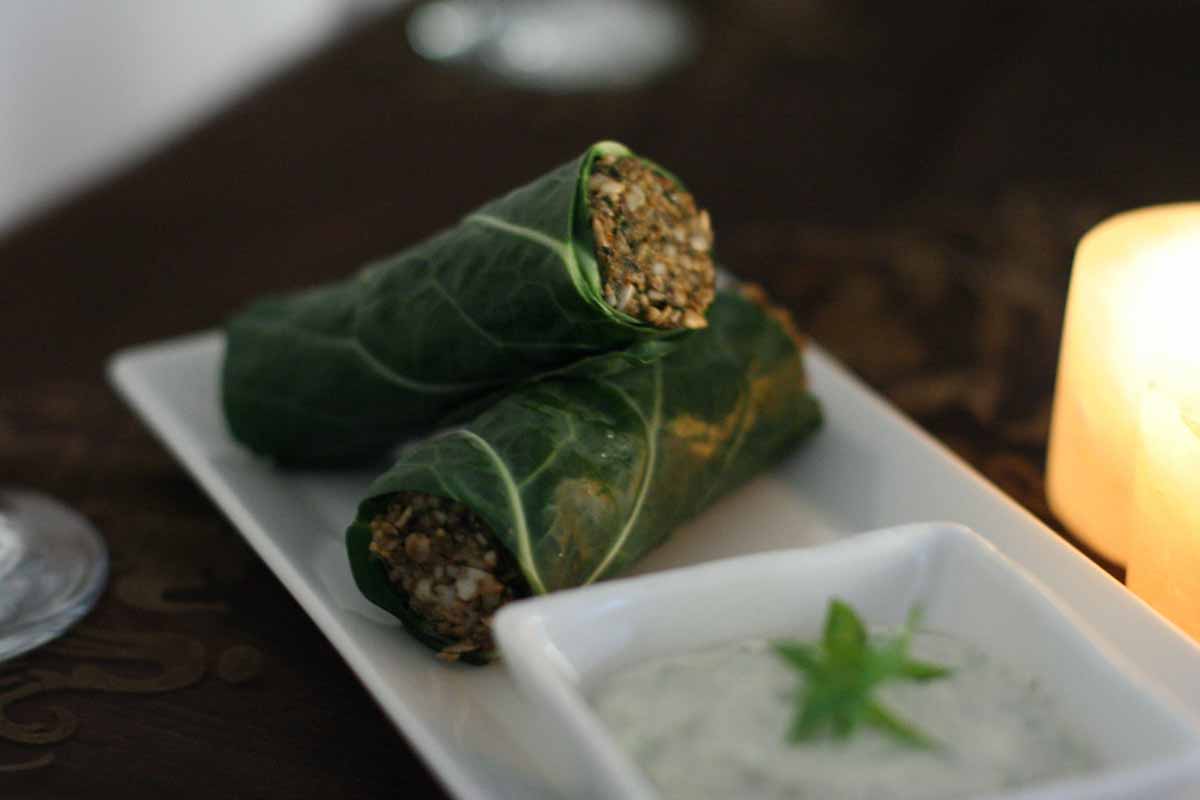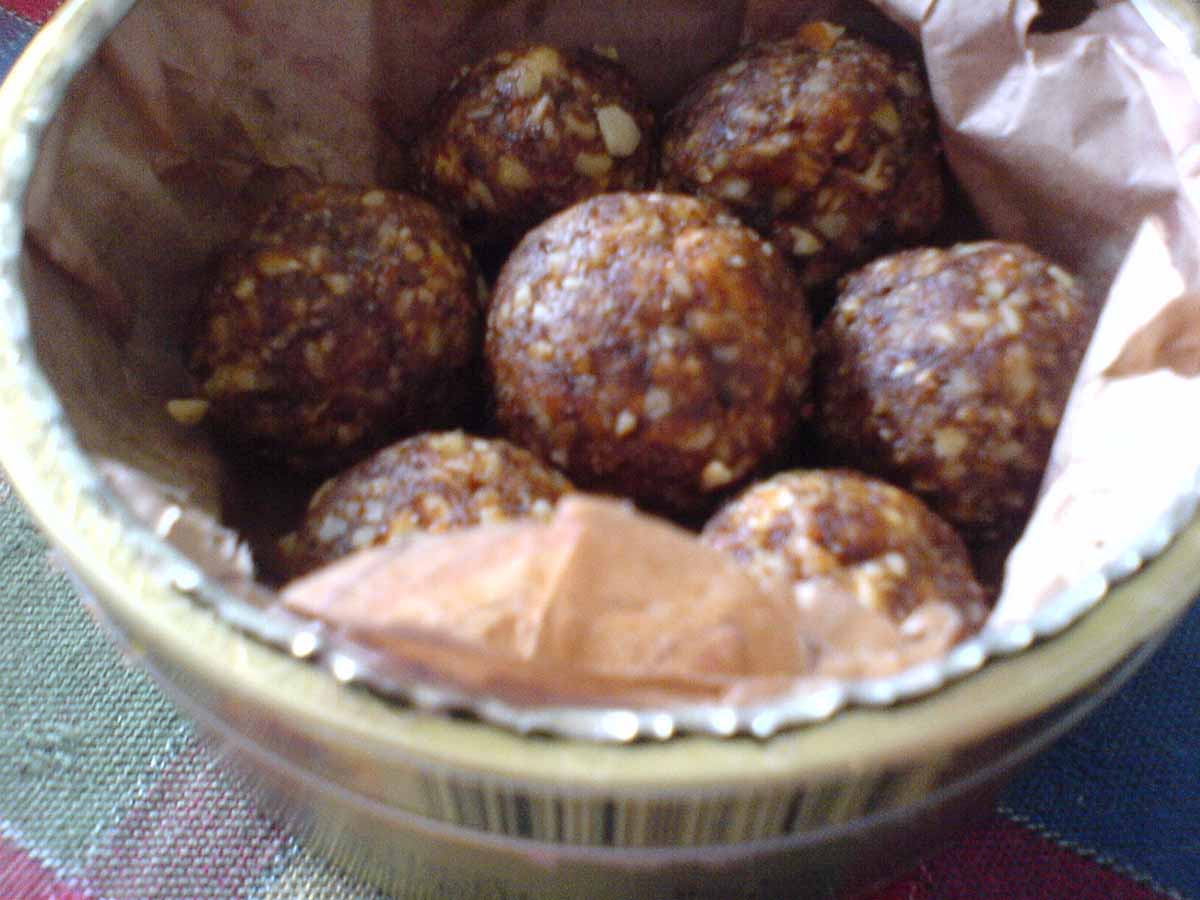Is raw veganism a great way to lose weight, the only natural way to eat, or the key to a long and healthy life? When you listen to raw food proponents, it's easy to conclude that going raw is the answer to your health problems. Reality is slightly more complicated, as always.
Why Do People Become Raw Vegans?
The reasons for which people are attracted to a raw vegan diet are surprisingly varied. Vegans in general are frequently motivated by a desire to, putting it simply, be kind to animals and the Earth — and raw food vegans are no different. Why take the step to say goodbye to cooked foods, though?

Some common reasons for which people become raw food vegans are:
- Health. Raw food vegans I spoke to say no to cooked foods because raw foods retain more nutrients. Some believe that uncooked produce offers the key to good health, preventing illnesses ranging from the common cold to diabetes, and even believing that eating raw can prevent or cure cancer.
- Spiritual growth. Some raw food vegans find that their dietary choices bring them closer to nature, offer spiritual discipline, and "feed the spirit".
- Laziness. No, this isn't a put-down — it's probably the motivation that appeals most to me personally. Some raw meals take a lot of creativity and preparation, but creating salads, smoothies, and raw soups can also be really easy. What could be better than easy, tasty meals that are also healthy?
- Weight loss. Commit to being a raw food vegan, and you have to wave junk food goodbye by definition. Eating just raw produce including fruit, vegetables, nuts and seeds will make you lose weight if you previously consumed lots of bread, rice, and potatoes.
What Can Raw Food Vegans Eat?
Raw Food Veganism Is Not All It's Cracked Up To Be
Raw Foodism And Pseudoscience
A raw food diet will almost certainly be low in fat and sodium, high in fiber, and result in a lower-calorie diet without even trying. You'll also see some nutritional benefits — fresh vegetables and fruits should, ideally, be part of everyone's diet, and if you were previously not eating quite as many as you really should, you may well feel great when you go raw.

As I found out recently, when a friend dragged me to an evening of smoothies and lectures about raw food veganism, Testimonial stories included, some raw foodists you'll encounter are what I'll call "true believers". They may, in fact, think that cooking food makes it toxic and that a raw food diet is the only healthy way to eat. They may believe eating raw from birth offers the greatest benefits, but that starting a raw food diet in adulthood still offers great protection from pretty much all ilnesses. They may believe raw food prevents or cures cancer. They may believe putting a child on a raw vegan diet cures them of vaccine-induced autism. (Yes, these are all claims made during that evening.) The raw food world, it turns out, isn't quite the place for science-loving skeptics.
- It will actually be quite hard to ensure that you get all the nutrients you need as a raw food vegan. You definitely won't be deficient in vitamin C, but you may have a harder time with protein, calcium, vitamin D, sometimes iron and zinc, the omega-3 fatty acids DHA and EPA, and especially vitamin B12.
- Though some nutrients are indeed lost during the cooking process (vitamin C, B vitamins), others, like beta-carotene and lycopene, are actually unlocked when you cook foods.
- While cooking destroys enzymes, humans make their own.
- Cooking foods destroys many bacteria, lowering the risk of food poisoning.
- Photo courtesy of Geoff Peters 604 via Flickr: www.flickr.com/photos/gpeters/3462050448
- Photo courtesy of rusvaplauke via Flickr: www.flickr.com/photos/rusvaplauke/533480975


Your thoughts on this